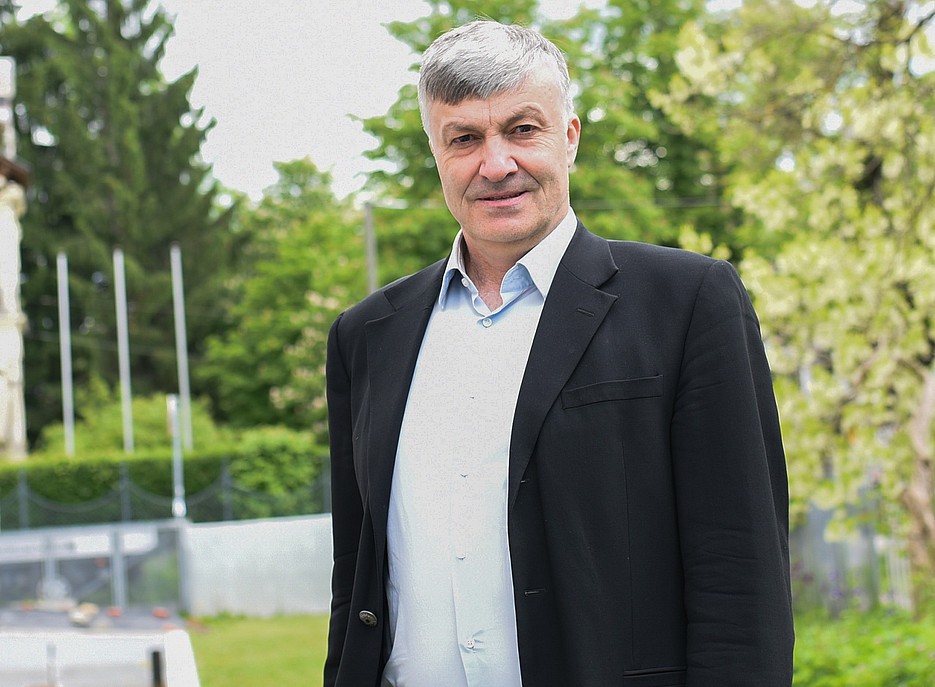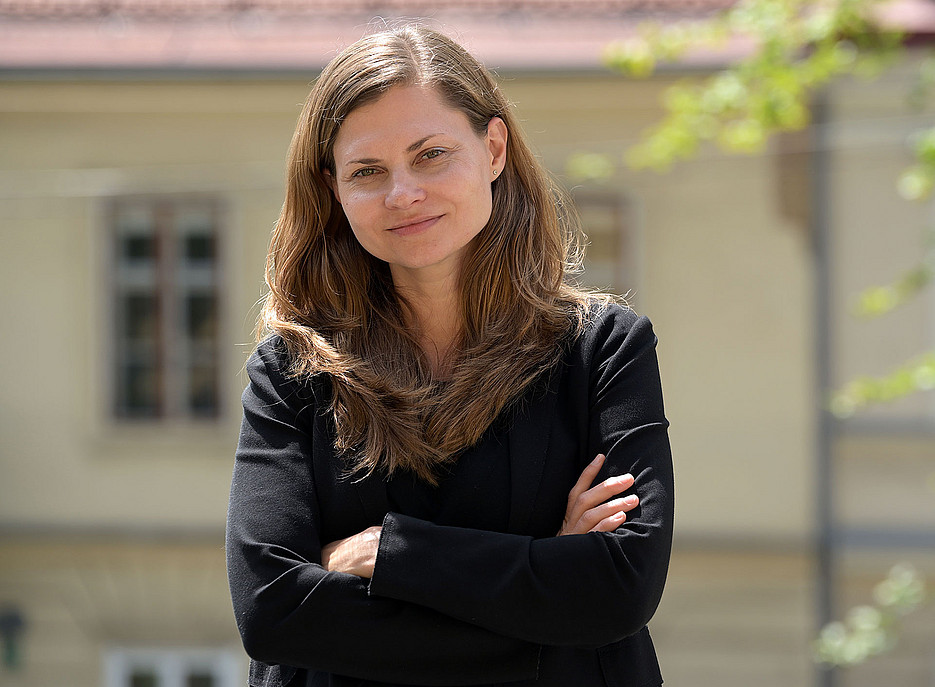The second Austrian Assessment Report on Climate Change makes the seriousness of the situation clear: since 1900, Austria has warmed by around 3.1 °C - significantly more than the global average. If the current trend continues, the average air temperature in Austria is expected to rise by well over 4 °C by 2100 compared to pre-industrial times. In such a scenario, very hot years, which used to occur about once a decade, would become almost the rule in future. Urban areas are particularly affected by these changes. However, they also threaten biodiversity and the stability of ecosystems.
‘Preventive climate protection and adaptation measures are significantly more cost-effective in the long term than dealing with the damage caused by the effects of climate change,’ says Karl Steininger from the Wegener Centre for Climate and Global Change at the University of Graz. The climate economist coordinated the ‘Economy and energy system’ chapter as lead author. In order to realise the climate targets for 2030 and 2040, further climate protection measures are needed quickly. ‘Furthermore, additional investments of between 6.4 and 11.2 billion euros per year are required to achieve net-zero emissions from energy use in transport, industry and buildings by 2040,’ Steininger cites specific figures. The electrification of industry, mobility and heat supply is essential, along with the simultaneous expansion of the grids and a tripling of electricity generation from wind energy and photovoltaics in the coming years. Climate-neutral energy sources such as sustainable biomass, biomethane, green hydrogen and e-fuels are also needed in industry, heavy goods transport and aviation. ‘Measures to reduce emissions and adapt to climate change not only increase resilience, but can also halve dependence on energy imports by 2040 and improve the quality of life in Austria,’ Steininger emphasises further benefits.
Ilona M. Otto, sociologist and resource economist at the Wegener Center at the University of Graz, is the lead author of the chapter of the report that deals with the management of behavior and decisions on the path to climate neutrality. ‘The net-zero emissions system can be achieved in Austria by the middle of the century because we have the necessary technologies, resources, knowledge and skills. However, effective measures are needed to accelerate the necessary changes and ensure a just and fair transformation process. These include regulations, technology standards, the development of infrastructure to support a low-carbon lifestyle, incentives and, in some cases, the removal of disincentives and sanctions,’ says the researcher. Austrian companies are already contributing to reducing emissions with innovative technologies and considerable financial resources. ‘At the same time, however, there is also a lot of greenwashing and other forms of misleading information that undermine consumers' efforts to consume in a more environmentally friendly way,’ Otto points out. ‘Measures that create more transparency and reduce negative practices by companies could increase the proportion of climate-friendly products in the economy.’
The Second Austrian Assessment Report on Climate Change was compiled by over 200 scientists at more than 50 institutions in accordance with the methods and procedures of the Intergovernmental Panel on Climate Change (IPCC). At around 800 pages, it is the most comprehensive scientific basis on climate change in Austria to date. The Assessment Report was made possible by funding from the Climate and Energy Fund with funds from the Federal Ministry of Agriculture, Forestry, Environment, Regions and Water Management.


